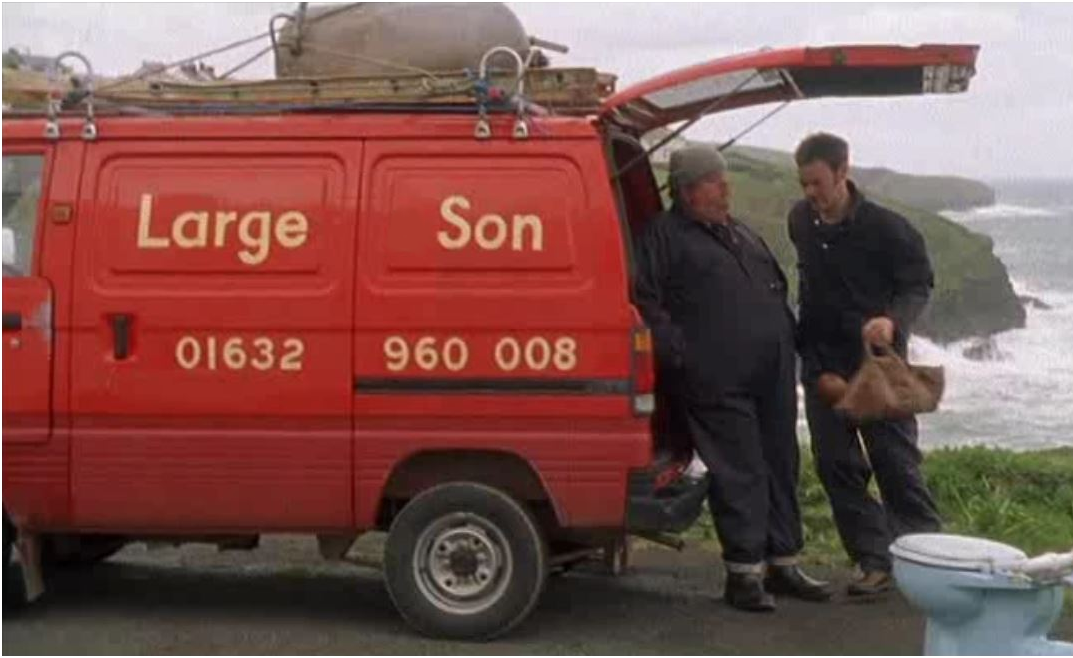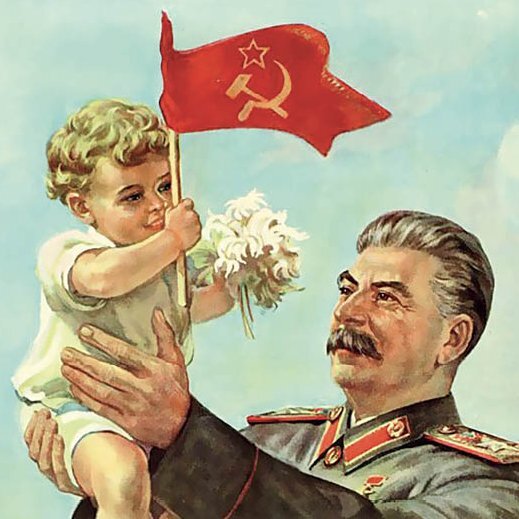

It’s honestly impressive how well Marx understands accounting. People who aren’t involved in accounting may not think it’s important but accounting is how you can understand how money flows within and without a capitalist enterprise. The whole idea about how fixed capital adds value proportional to its “wear and tear” is essentially the same thing as how we calculate depreciation on equipment. Cost accounting is how costs are allocated to things that don’t directly incur a cost that can be measured per item produced, and Marx uses that conceptually throughout Vol 1 & 2.















This was Obama’s slogan, because he would always call out issues but then act like he was powerless to do anything.
Biden’s strategy is to act like problems don’t exist and actually it’s the people who are wrong, the economy is doing great. To say otherwise is to imply you actually support Trump.